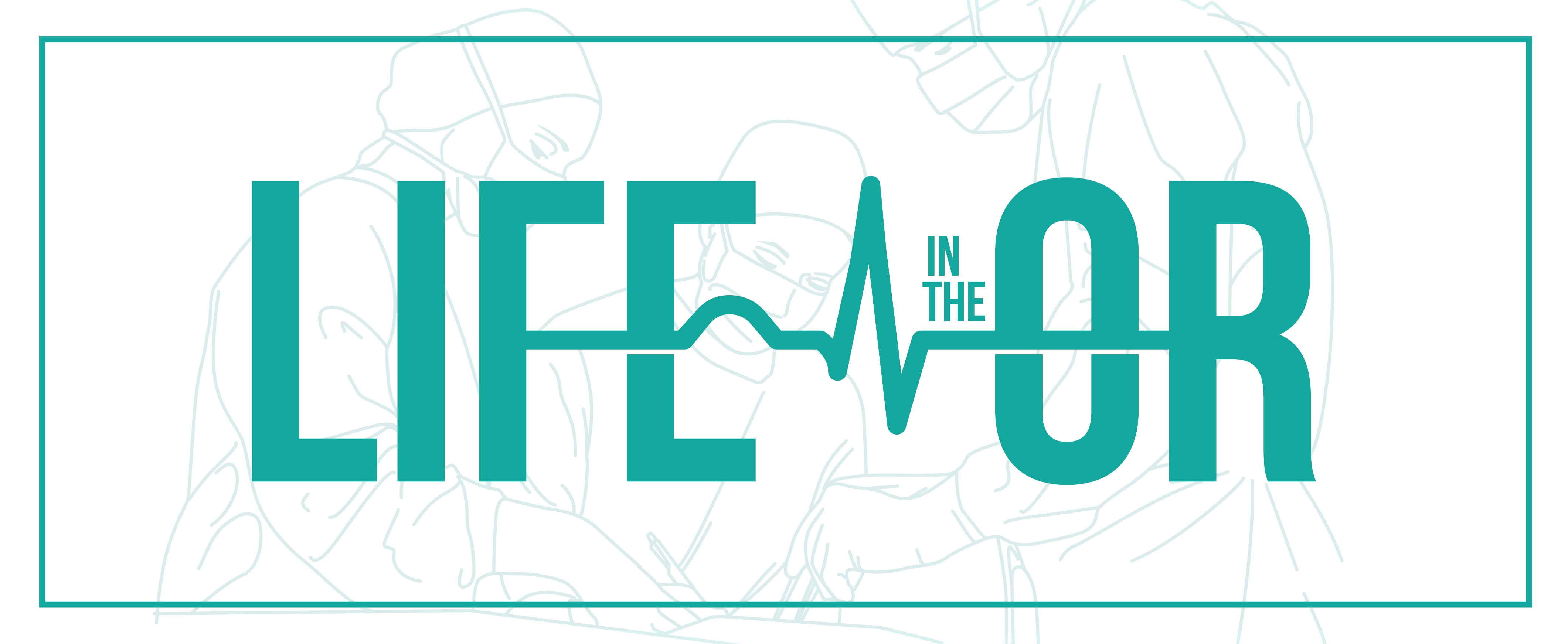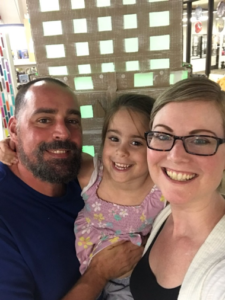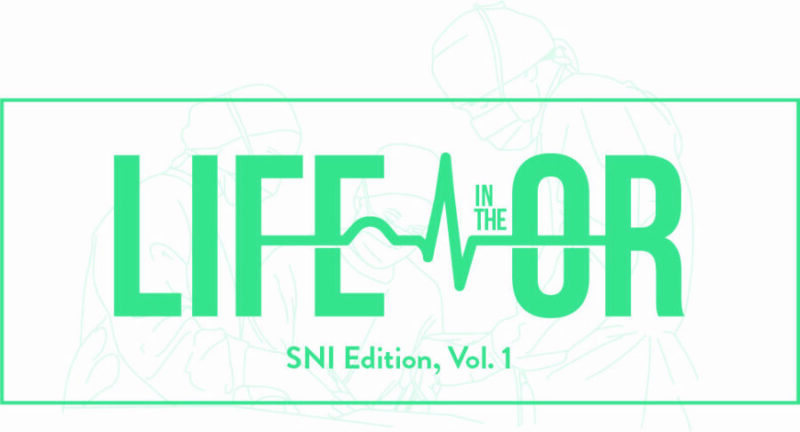

 To say that Kerry Cultice Dodds is busy would be quite an understatement. She’s a mom, wife, full-time surgical neurophysiologist, and recently added faculty advisor to her growing list of titles. She was asked by the current president of the Florida Chapter of ASET (the Neurodiagnostic Society) to take on a leadership role at the organization’s June conference. Kerry spoke to a group of EEG clinical technologists about her role in the operating room.
To say that Kerry Cultice Dodds is busy would be quite an understatement. She’s a mom, wife, full-time surgical neurophysiologist, and recently added faculty advisor to her growing list of titles. She was asked by the current president of the Florida Chapter of ASET (the Neurodiagnostic Society) to take on a leadership role at the organization’s June conference. Kerry spoke to a group of EEG clinical technologists about her role in the operating room.
Seeing the successful career she’s built for herself, you might be surprised to learn that Kerry never even saw herself in the medical field. “Ironically, when I was younger, my mom had forced me to be a candy striper, (back when hospitals smelled like awful formaldehyde!). I swore it was a waste of time because I’d never work in a hospital.”
Never say never.
It was when her father underwent a CEA, or Carotid endarterectomy surgery, that she realized immediately what she wanted to do – make a difference in a people’s lives with her work. She earned her diploma in Electroneurodiagnostic Technology and her R.EEG T certification. To continue her professional growth, Kerry joined PhySIOM (which became ProNerve and eventually SpecialtyCare) in 2011 to embark into the world of IONM and then obtained her CNIM in 2012.
Currently, she works on behalf of SpecialtyCare in several hospitals, including John’s Hopkins All Children’s Hospital – St Pete, Tampa General Hospital, Medical Center of Trinity, Shriners Children Hospital – Tampa, and Florida Advent North Pinellas.
“I have never once regretted entering the field, and it makes me proud that my five-year-old daughter knows that when I leave her it’s because I’m going to help another kid or someone’s adult family member.”
What Does a Typical Work Day Look Like for You?
You know, this is not an easy question to answer, because in IONM the days are atypically typical. The only thing that’s typical is having your equipment and supplies prepared, being as rested as possible and saying “see ya later” to your family. But once you’re out the door and on the road to your destination, any number of things could happen. Surgeries add, cancel, procedures change, etc. Things can go just as smoothly as they can chaotic, and it’s the neurophysiologist’s job to make the best of either one of those situations to help ensure the monitoring goes the way the surgeon and patient need it to.
What is the Best Part About Your Job?
For me, the best part of my job is interaction and intervention. Interaction with the people I work with; coworkers, surgeons, anesthesia teams, circulators, remote oversight readers, etc. They are an immediate part of our social circle, and building relationships provide the opportunity for better communication in the operating room.
What I mean by intervention is being an important part in patient care; providing data that allows a successful procedure outcome that gives the patient a better quality of life. Being able to help during a patient’s life-changing event is truly a privilege.
What Are Some of the Benefits of Working at Specialty Care?
SpecialtyCare does not just say you’re family, they go above and beyond to show you you’re family. In 2017, I was diagnosed with Invasive Ductal Carcinoma. Although that was a scary diagnosis, and many people who receive that diagnosis have to worry about work and financial stability while also battling such a terrible disease, it was immediately made clear I would be able to solely focus on treatments and surgery and getting better. Many Specialty Care members of upper management, my immediate clinical manager, and my co-workers reached out to me to offer their love and support. Several co-workers even participated in sending me anonymous letters of encouragement and gifts to keep my spirits high. I will never forget the support I received, and I know that support gave me the strength I needed to continue working full time during chemo, surgery, and radiation, and still gives me continued strength and positivity while my oncologists follow me for the next five years.
Why would you encourage someone to enter the field?
There are so many reasons to enter this field, but my favorite is the ability to truly, truly make an impact and a difference in someone’s life. There are not very many people that are lucky enough to get up every day and go to work and feel like what they do truly matters, and what they’ve done has made someone’s life better. We get to see people who are wheelchair bound and told they will never walk again get to stand again, and get to walk again, and that’s an incredibly amazing feeling. I always say I love this job because there’s never a dull moment. No day is exactly like the day before, and you pretty much never know what the day has in store for you, but you can be sure your patient is going to be thankful you were there providing the service for them and the surgeon.
LEARN MORE ABOUT IONM



Comments are closed.